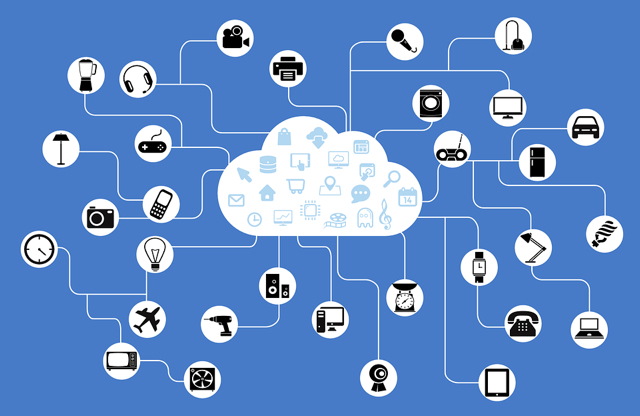Household Brands Are Competing to Put Tech in Your Kitchen
March 28, 2018
Brands like Whirlpool, Samsung and Bosch are in a race with tech companies like Google and Amazon to get into your kitchen, a room often considered the heart of a home. According to The New York Times, the goal is to get “Internet-connected appliances and cooking gadgets” like “refrigerators embedded with touchscreens, smart dishwashers and connected countertop screens with artificially intelligent assistants that react to spoken commands” into your home first as the promise of the connected smart home comes closer to reality. But these things remain a hard sell with consumers.
As The New York Times notes, “many people see the kitchen and mealtimes as a haven from their otherwise always-connected lifestyle. Only 5 percent of American households own smart appliances today, up from 3 percent in 2014, according to the research firm Parks Associates.”
Apart from those reasons, people might also be hesitant to purchase smart appliances based on price, along with concerns about longevity and security.
“A touch-screen refrigerator may look modern today, but who knows how dated it may appear in five years?” asks NYT. “And with many smart kitchen appliances incorporating Internet connections, cameras or microphones, digital privacy has become a concern. Security researchers said that one problem with smart appliances is that, unlike tech companies, household brands lack the cybersecurity expertise to vet products for vulnerabilities.”
But the possibilities of infiltration and high sales make it worth pursuing for these companies, especially considering the global kitchen appliances market is projected to grow to $253.4 billion by 2020 (an increase from $175 billion in 2014).
Recently, Samsung introduced the $3,500 Family Hub, which is a smart fridge that has a large touchscreen and responds to voice commands. Bosch’s smart dishwashers, ovens, and coffee machines range from $1,300 to $3,100 and “look just like their disconnected counterparts and mostly use their Internet connections for remote diagnostics,” but, as NYT explains, “if a problem occurs, the appliance can automatically send an error code to Bosch’s customer service team, which can help determine whether you should fix the problem yourself or schedule a repair.”
Though not directly tied to kitchen appliances, many already use the Amazon Echo or Google Home for kitchen-related tasks like setting timers and finding recipes.


No Comments Yet
You can be the first to comment!
Sorry, comments for this entry are closed at this time.